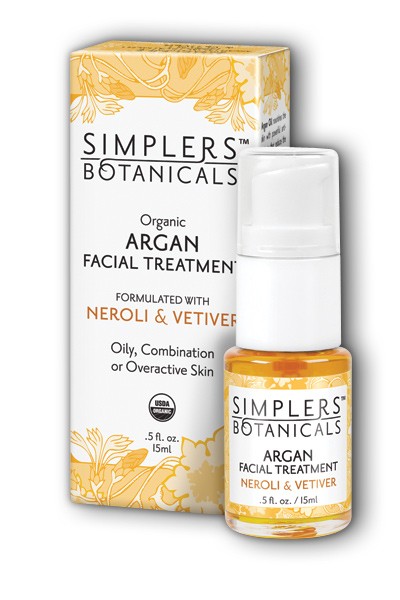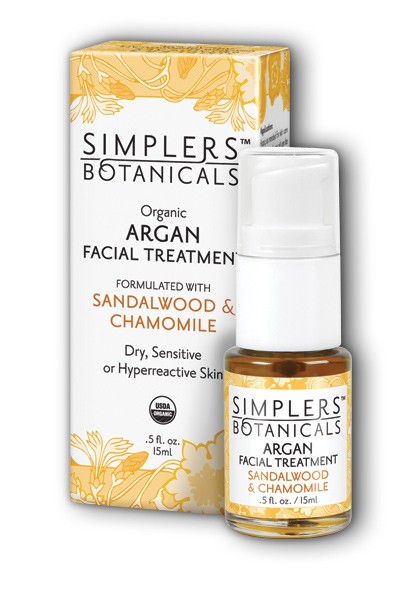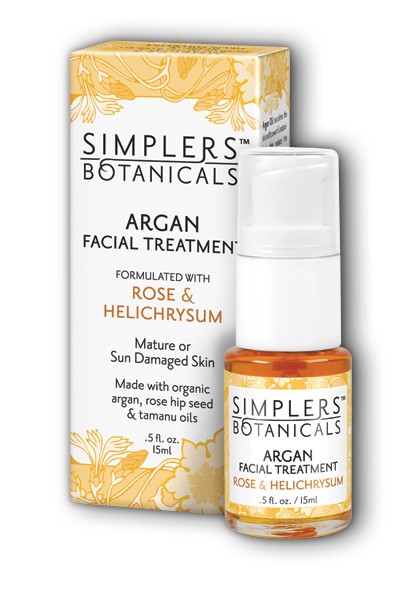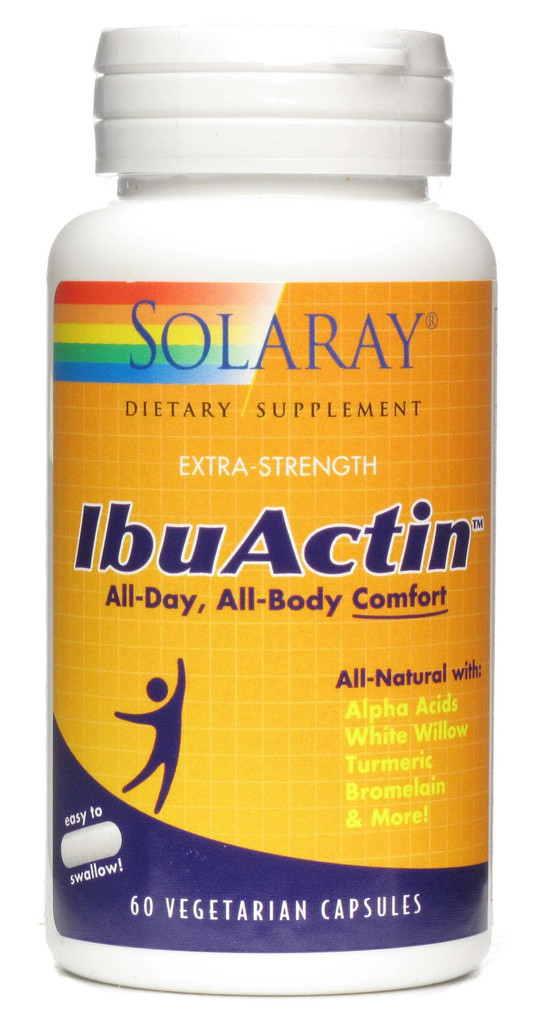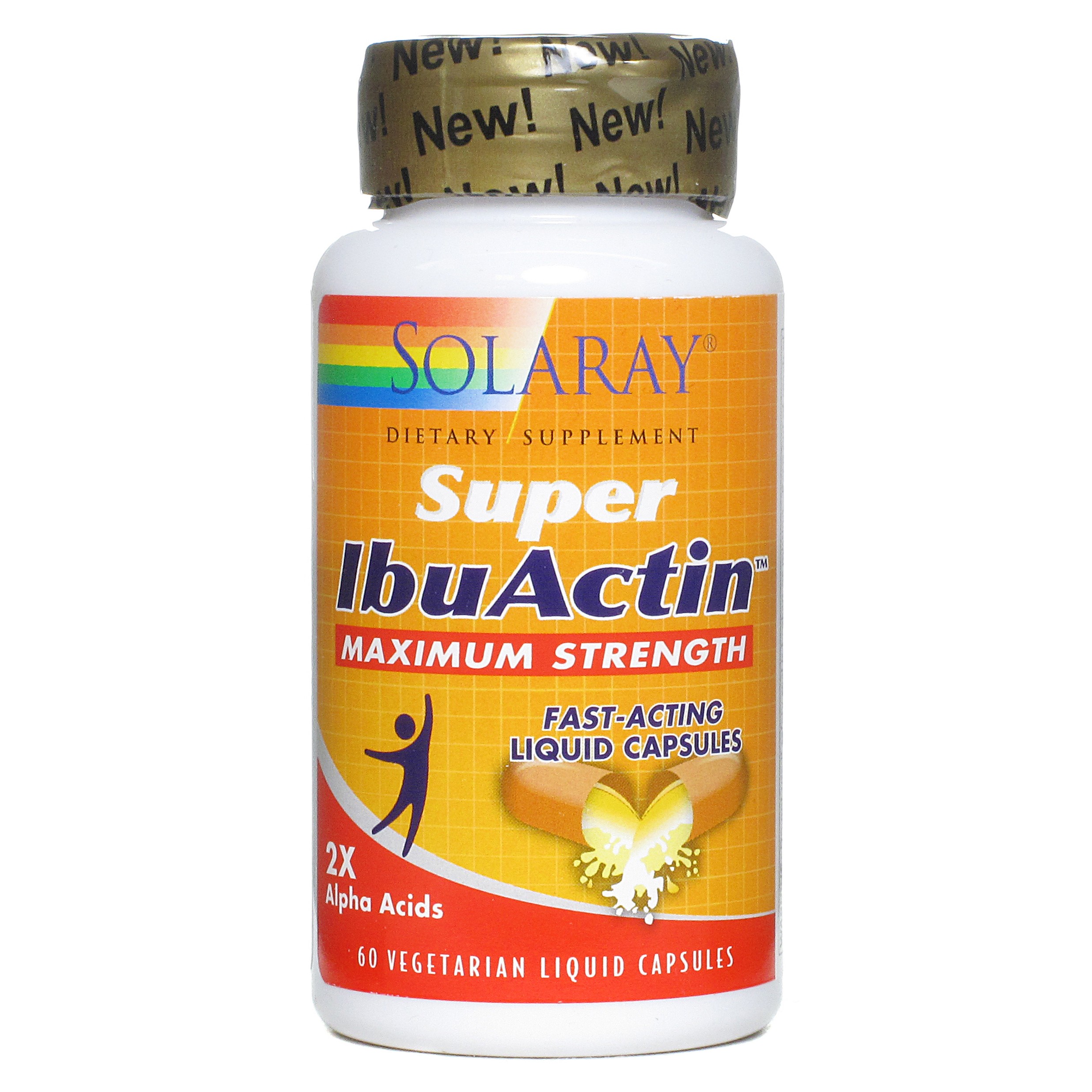Q: My husband has been under a lot of stress lately with uncertainty about his job and some family problems. I’m worried about him and wonder if there’s anything you would recommend for him to help.
A: Stress is an unfortunate part of most American’s lives.Stress isn’t always a bad thing, it can help us to make a deadline or perform better on a test. It’s when stress becomes constant that it becomes damaging. There are many natural supplements that are very effective at helping to manage stress and reduce its damaging effects.
Theanine is an amino acid derived from green tea that works very well to combat stress and anxiety without drowsiness. Studies have shown that Theanine helps to encourage alpha brain patterns (the brain wave patterns that are associated with relaxed wakefulness). Theanine also helps with concentration, something that people under a lot of stress often have trouble with.
Another great choice for people dealing with excessive amounts of stress is the herb valerian. Valerian is often taken as a sleep aid, but has been found at lower doses to be beneficial for reducing stress and anxiety. In one recent study, scientist compared the effectiveness of taking 81mg of valerian to 6.5mg of diazepam (Valium) or a placebo. They found that both the valerian and Valium, but not the placebo, offered a significant reduction in symptoms of anxiety and stress. I certainly wouldn’t recommend taking a daily Valium for stress, but it’s pretty amazing that a low dose of the natural herb valerian has a similar effect.
Siberian ginseng, also known as eleuthero, is another herb that is beneficial with reducing stress. Siberian ginseng is an adaptogen, which means it helps the body to adapt to stress. Prolonged stress often is accompanied by fatigue and a depressed immune system, and Siberian ginseng helps to treat both of those problems. Some people find that taking ginseng too close to bedtime can interfere with sleep, so I’d recommend taking it in the morning and afternoon rather than at night.
Regular exercise has also been found to reduce stress, giving an outlet to pent up frustrations and helping the body and mind to relax. Exercise has been proven to help reduce high blood pressure and cholesterol along with reducing the risk of heart disease and many other debilitating conditions. It can be difficult to start an exercise program especially if you’ve never really exercised before, but even small steps in becoming more active can make a big difference in reducing stress and increasing health.
Another thing I’d recommend is to make an effort to be outside more. According to Dr. Mardie Townsend, an associate professor in the School of Health and Social Development at Deakin University in Melbourne, researchers are establishing credible grounds for “green prescriptions”, where doctors prescribe contact with nature for various conditions. Townsend says, “People with access to nearby natural settings have been found to be healthier overall than other individuals, and are more satisfied with life in general.” We have the wonderful resource of Lake Katherine available to us in Palos Heights, as well as a myriad of forest preserve trails, all of which can help us reconnect with nature and reduce stress.
Abraham Lincoln said, “I have found that most people are about as happy as they make up their minds to be.” I believe the same to be true about stress- often we are as stressed as we decide to be. That isn’t to say that stress is unavoidable, but we can often choose how we respond to the day to day stresses we encounter. Simply asking oneself, “Do I really need to be getting upset over this?” or even coming to the point where we can acknowledge and accept a stressful situation without feeling compelled to try to fix it or change it can make a big difference. Sometimes talking to someone like a pastor or psychologist can help too. Stress is a large part of most of our lives, but it is damaging to health when it becomes a constant in our lives, so it’s important that we take steps to reduce the amount of stress we’re bogged down with. Good luck and be well!


